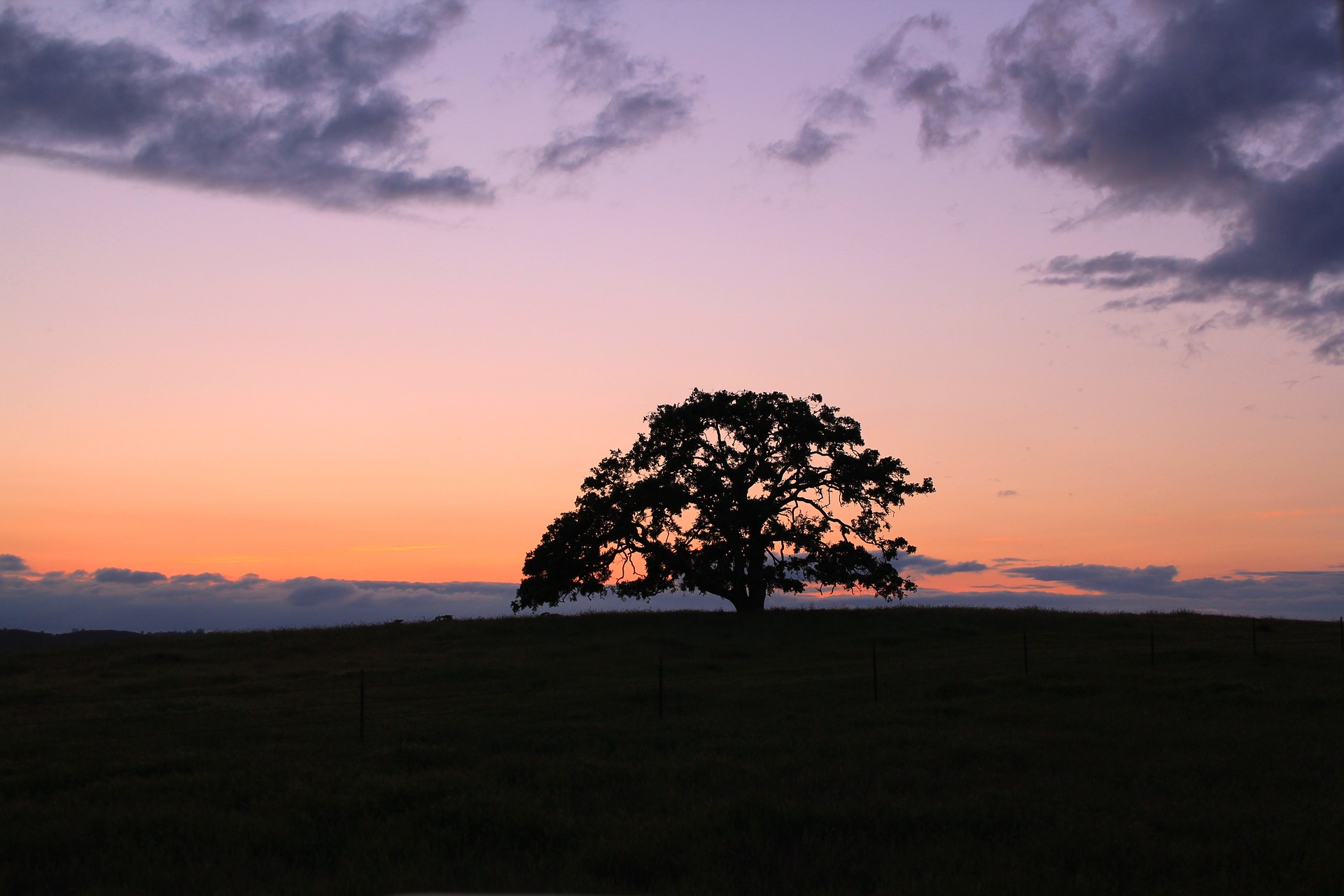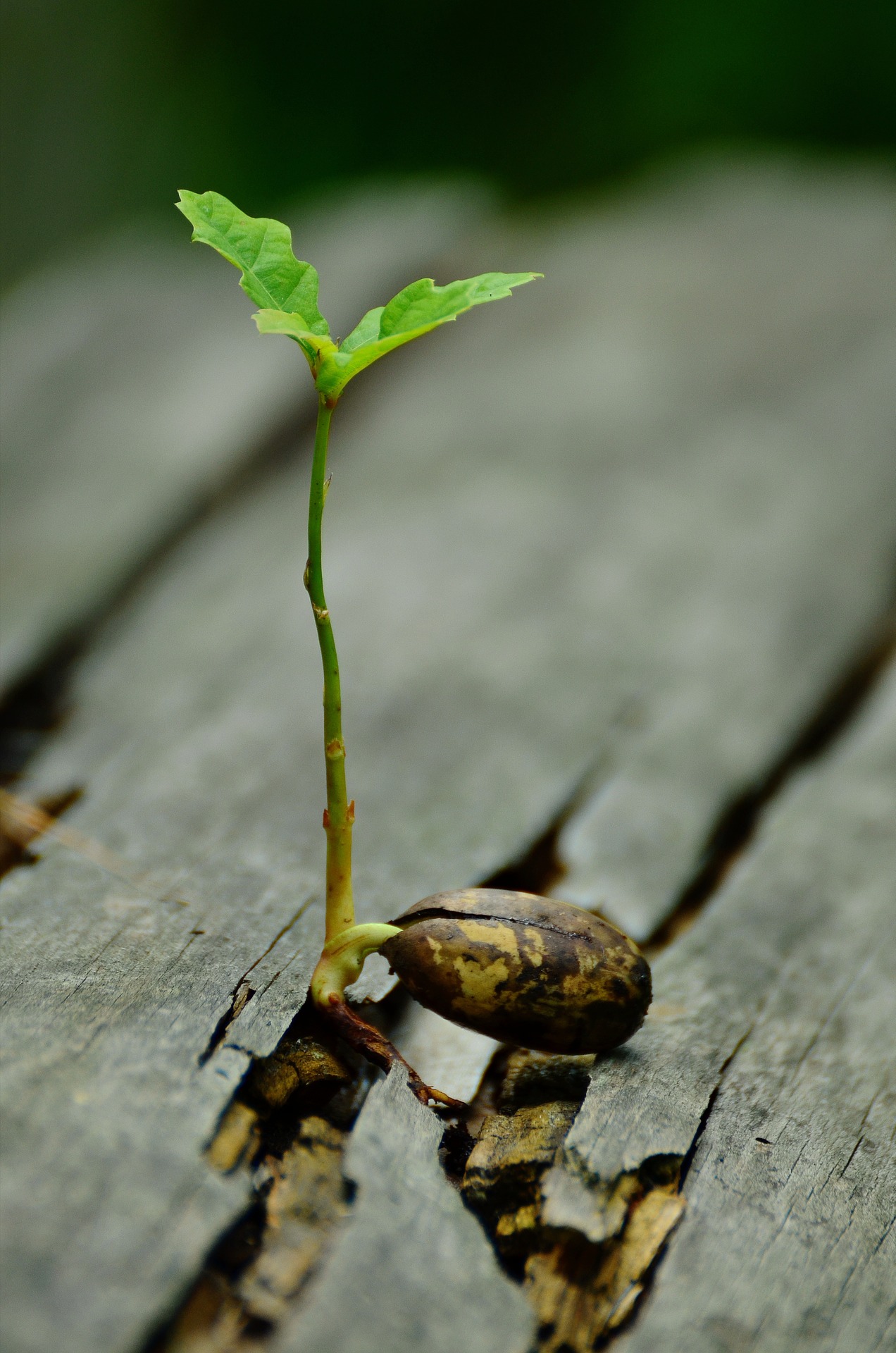FORGING A POETIC LITERARY BLOG

From “Sea Foam Inkwell” to “Think Poetic,” the conception of this literary blog’s name was a sapping oscillation between the poetic and the commercial. In the digital realm, where success is defined by conversion rates, and propelled by link-building and other strategies embodied in equally torpid terminology, poetry is particularly vulnerable. It’s easy for even the best poets to want to compromise — to optimize each word — in order to usher in visitors to read the literature that is already at risk of plunging into cyberspace’s abyss, lost down there with the chat rooms, Myspace, and gibberish.
I created the Notes of Oaks literary blog not only to spotlight the boon that is poetry in our corporeal lives, but also to demonstrate that intellectual writing can thrive in the branded, traffic-driven zone of the internet. Text is too often viewed as a gizmo to capitalize, when it should be seen as a medium that can illuminate, educate, and communicate the poetry of subsistence and beyond. Thus, although this literary book blog is still strategic, as evidenced by my planting of a keyword variation in this very sentence, my goal is not to do so at the expense of being poetic: in the moments when it comes down to fine literature or the plainly mercantile, I will always choose the former.
WHAT THIS BLOG OFFERS
Literary Analysis:Whether you’re a college student looking for an oracle for your analytical essay, or a reader seeking deep textual analysis of titles that have confounded you, Notes of Oak is a site rich with literary commentary on both classic and contemporary books.
Reading Techniques: Learning how to enjoy reading is crucial to appreciating literary masterpieces. On this literary blog, I’ll be presenting strategies for improving your reading experience, from libations that pair well with specific texts, to the best places to sit and peruse books.
Original Writing: I’ll be bolstering my argument that we should all be reading more literature with my own original writing. From poems to lyric essays, I’m confident that my creative writing skills manifest the taste I’ll be teaching readers to acquire, and I’ll prove it by regularly posting original pieces of poetic writing.
Ways to Poeticize the Habitual: Thinking poetically needs to extend beyond text to the objects, organisms, and spaces that we interact with daily. Many of my blog posts will feature methods for leading a poetic lifestyle; after all, poetry is what exists all around us and poems are just one vessel in which it can be laid bare.
Book Reviews: As opposed to the deep digging into meaning provided by literary criticism, book reviews offer a surface-level appraisal of a text’s quality, to help readers decide if they should even read the book. I’ll be reviewing books that I pick up as I go along, and also tackling texts that have massive popular appeal to determine if they contribute or detract from a poetic lifestyle.
Strategies for Finding Fine Literature: The limits of what we read are generally arbitrated by what we know to find. I’ll be taking us into bookstores, libraries, and beyond to redefine the discovery process for the books we take home with us.
WHY “NOTES OF OAK”

She was reminded of old Greene getting upon a platform the other day comparing her with Milton (save for his blindness) and handing her a cheque for two hundred guineas. She had thought then, of the oak tree here on its hill, and what has that got to do with this, she had wondered? What has praise and fame to do with poetry? What has seven editions (the book had already gone into no less) got to do with the value of it? Was not writing poetry a secret transaction, a voice answering a voice? So that all this chatter and praise and blame and meeting people who admired one and meeting people who did not admire one was as ill suited as could be to the thing itself — a voice answering a voice.”
-From Orlando, by Virginia Woolf
1. For a Literary Reading Experience Steeped in Oak Aesthetics

“Notes of Oak” evokes connotations of the infusion of the tree’s flavor into wine via oak barrels. People seem to enjoy sipping motes of a centuries-old soul, perhaps at a soiree on a long lawn as the sun goes down behind a quercus douglasii grove murmuring with local wildlife. Oak notes in wine are twangs of sunshine, wind, and earth, and the melancholy of an ancient tree become a vessel for an ephemeral beverage. Only something fiercely beautiful could persist with such intensity in tannins, tastes, and textures after death. But there’s no need to fell an oak to benefit from its presence: every alive oak imbues its immediate environs with prismatic notes — hues and rustles and ripples and dapples and so on. On this blog, I’ll strive to infuse each sentence with the depth of notes of oak — felling no trees in the process.
2. Poetic Communiques Written as Oak Wood Would
The literary connotations of “notes” are obvious: notes are textual insights, tidings for the self or someone else, little written things that often delight and surprise. A note is, at base, a communication of an important notion. In this case, in this creative cyberspace, I want my literary blog’s notes to be as compelling as words written by an oak, if the plant had a quill in-hand and wrote the story of the sky on the land. These lovely organisms do already speak for themselves in light stipples and acorn plop percussion, but it seems that we’re all to busy to listen. Hopefully Notes of Oak is a literary resource that causes you, the reader, to pause and consider what heeding even one tree can tell you about the poetry of life.
3. Exquisite An-‘note’-tations on the Ordinary
Oak trees are an integral part of my poetic identity, having served as muse through every window in the house in Paso Robles, California I grew up in. To see an oak is to think of poetry — to see poetry, embodied. Indeed, to see an oak and to not think of poetry is a sign that you have lost your faculty for perceiving the poetry extant all around us — because even if you find the tree’s gnarled limbs grotesque or the rough bark dirty, there is still the complexity of the canopy, the significance of a leaf fallen on a patio chair, and so on. This site is thus an-‘note’-tations on not just oaks, but all the ordinary things that we engage with. The Notes of Oak literary blog will help your refine your perspective and notice the poetic, both in the literature that captures it and in your thoughts on the objects themselves.